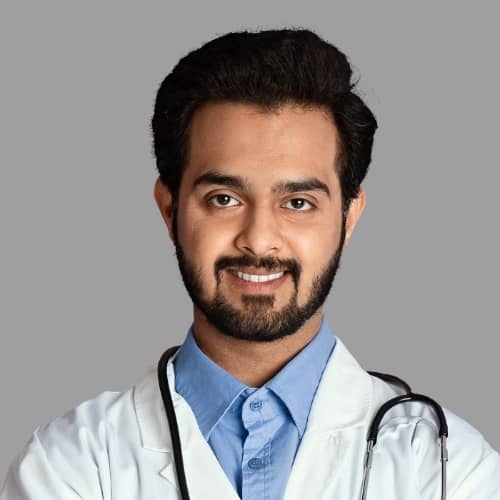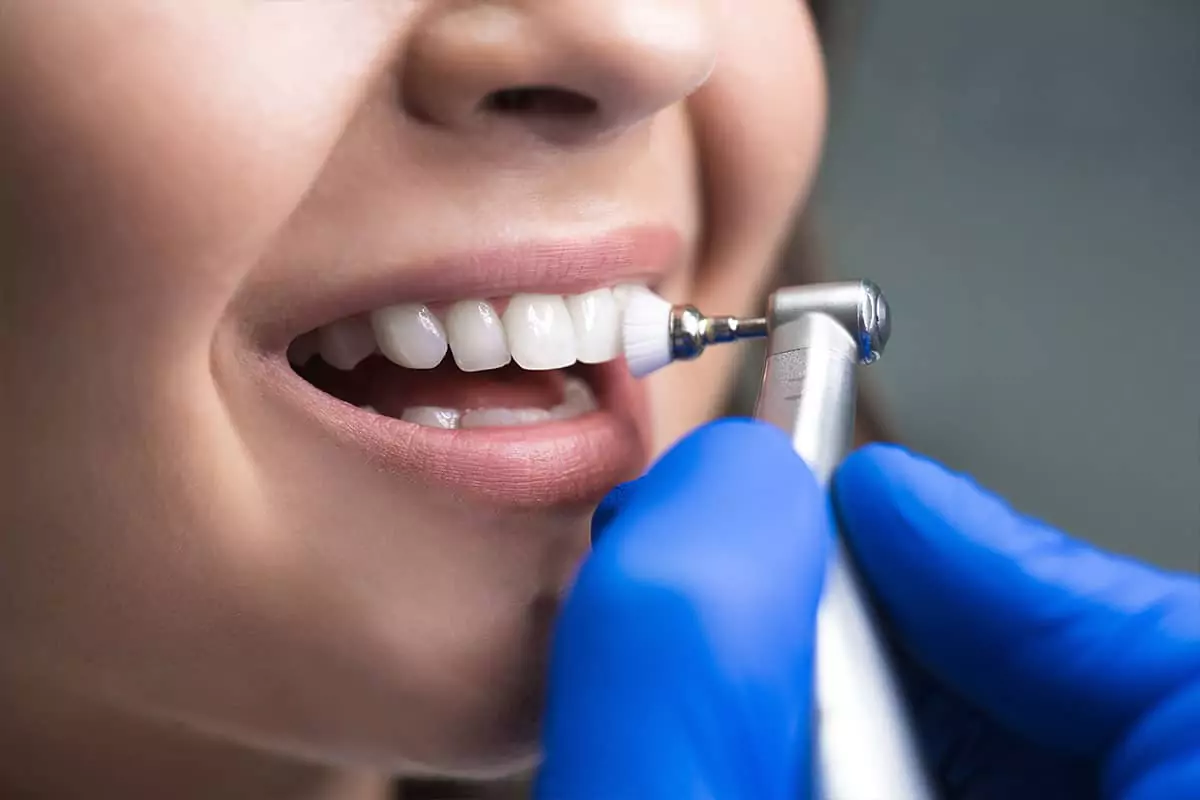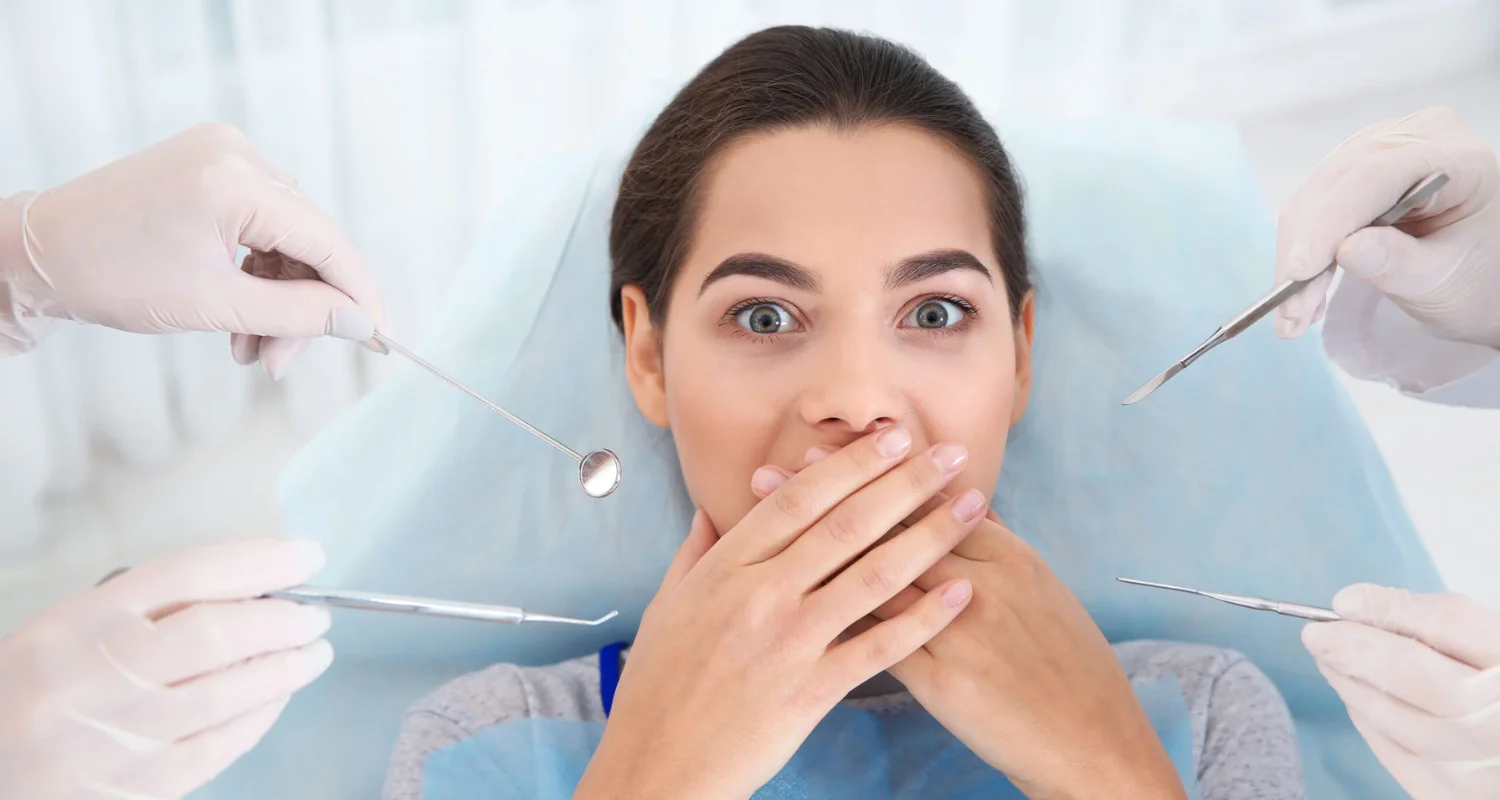Oral Examinations And Cleanings
Oral exams and dental cleaning: relevant to oral health
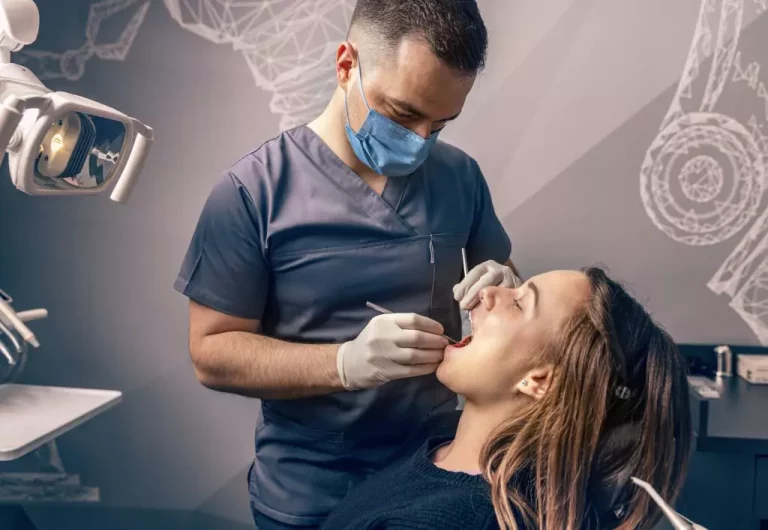
Maintaining good oral health is essential in disease prevention. To achieve this, it is important to regularly follow some prevention practices such as oral exams and dental cleanings. These procedures are the foundation of preventive dentistry.
The oral exam: route to timely diagnoses
Generally, a dental examination includes an inspection of the oral cavity, some x-rays to evaluate the hidden parts, and dental cleaning or prophylaxis.
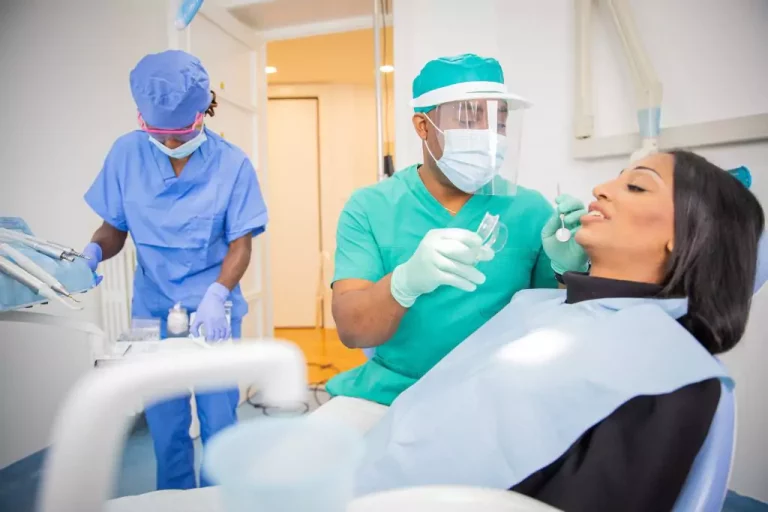
Dental x-rays show if there are cavities, gum disease, bone loss, or other problems that cannot be seen with the naked eye.
During the oral exam, the dentist does a thorough inspection of the teeth, gums, and mouth in general to detect any concerns or signs of dental disease.
Once the exam is complete, the dentist shares the diagnosis with the person and provides recommendations for future dental care.
These exams are essential for oral health since dental events can be painful and lead to more complex situations if they are not treated on time.
It is important that people, adults, and children, have an oral examination at least twice a year to facilitate the diagnosis of any dental problem and that it is treated promptly.
What is a dental cleaning?
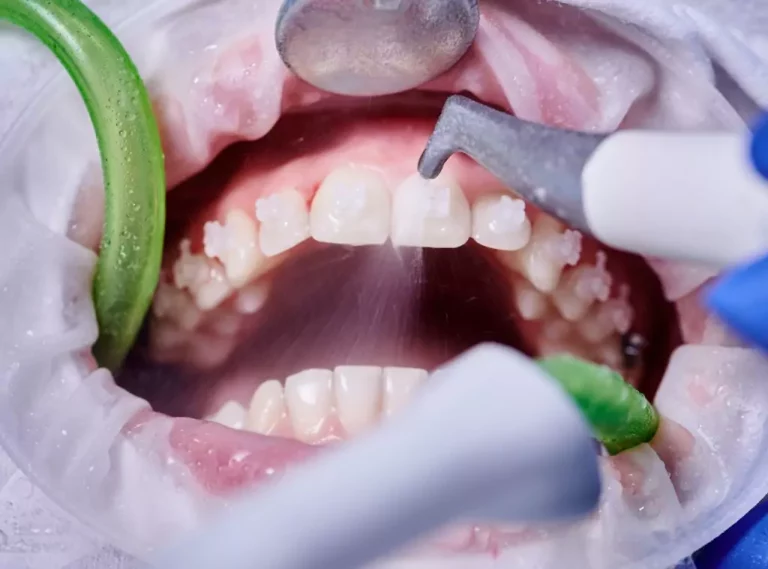
Dental cleaning, dental prophylaxis, is a preventive procedure that helps maintain good oral health. Helps remove bacterial plaque and tartar.
During a cleaning, the dentist, or dental hygienist cleans the teeth with different instruments, removing accumulated plaque and tartar.
Then, using an electric toothbrush and toothpaste, polish the teeth and remove any stains.
Finally, a fluoride gel or foam is applied to prevent tooth decay.
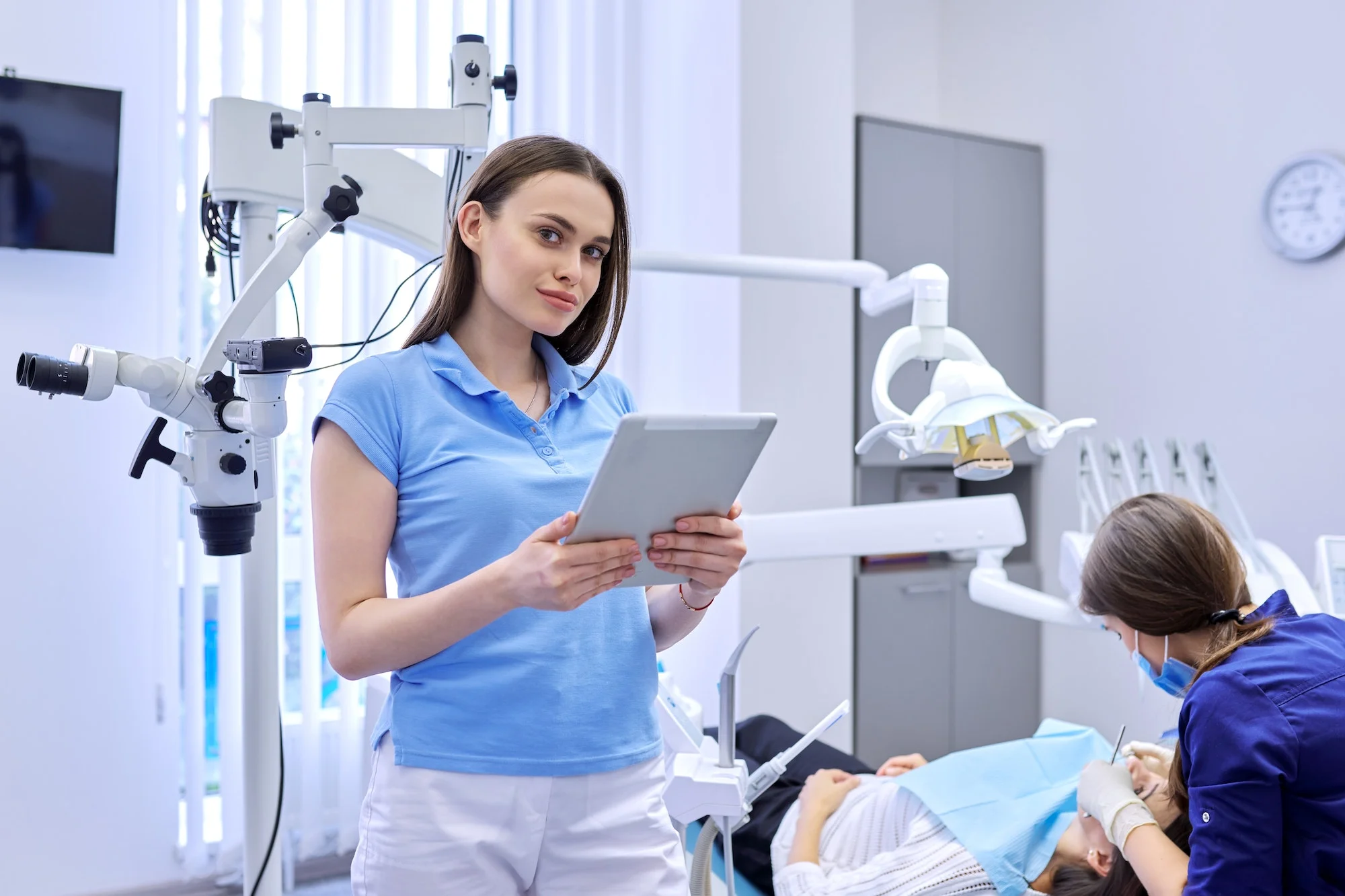
19 Natural Antibiotics to Ward Off Any Dental Infection
Sign up to receive daily email dentist tips and challenges, as well as our comprehensive Better smile Guidebook.
Benefits of dental cleaning
Dental prophylaxis has several positive impacts on oral health.
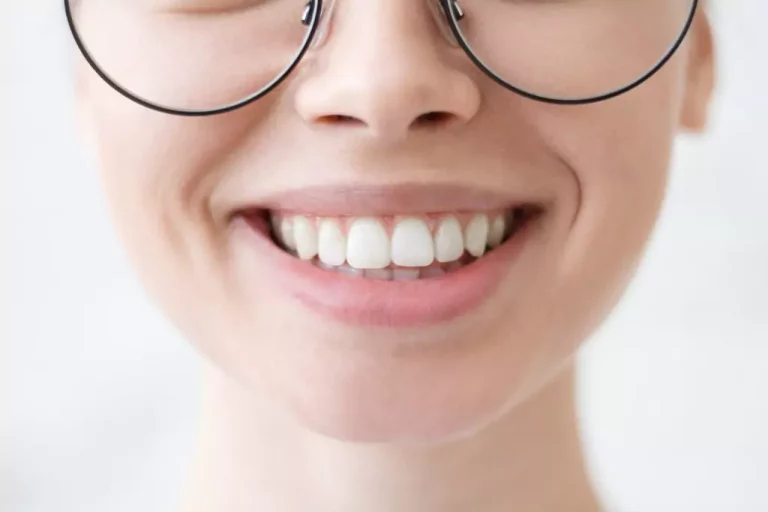
- Prevent cavities and other dental diseases
- Avoid the loss of dental pieces.
- It contributes to overall health by avoiding other side effects.
It is important to have a dental cleaning every six months to maintain good oral health.
How to take care of your teeth after a dental cleaning?
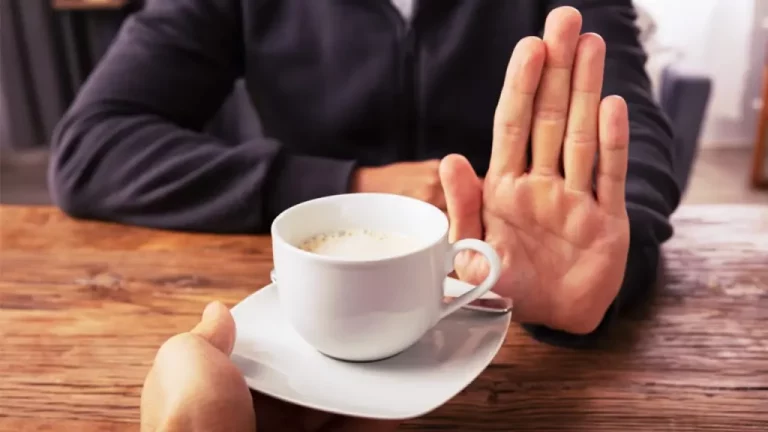
After prophylaxis, it is recommended to wait approximately one hour before consuming any type of food or drink, to avoid the consumption of hot or cold drinks and not to eat acidic or abrasive foods.
It is also essential to reduce tobacco use and avoid eating sticky or hard foods, such as gums, apples, or nuts.
In the following 24 hours, do not drink coffee, tea, or other dark drinks that can cause stains on the tooth enamel.
Recommendations for dental care at home
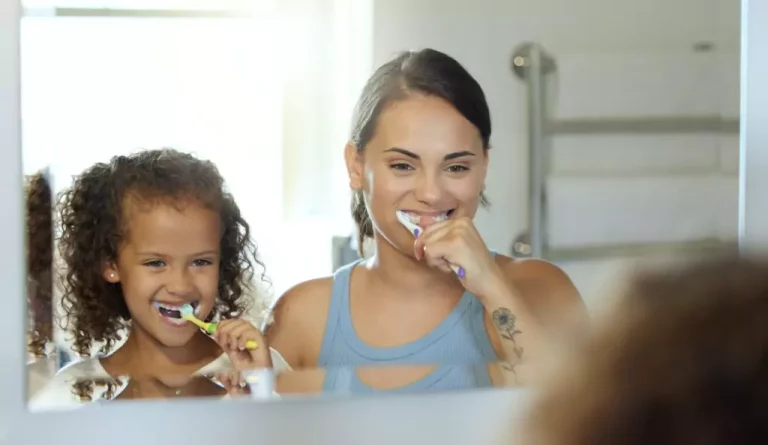
Home care is essential to maintain good oral health after a dental cleaning.
In order to maintain the results of prophylaxis, it is recommended:
- Daily tooth brushing.
- Flossing
- Limit the consumption of sugar in the regular diet
- Reduce tobacco use
Conclusion
Find your ideal specialist.
Oral exams and dental cleanings are necessary procedures to maintain good oral health.
Prevention is key to avoiding dental problems, so it is recommended to visit the dentist at least twice a year to detect and treat any dental problems in a timely manner.
In our directory of oral health professionals, you will find different options that provide specialized care. There you can find trained dentists who will attend to your request with quality service. Consult it and go to the alternative that meets your expectations.
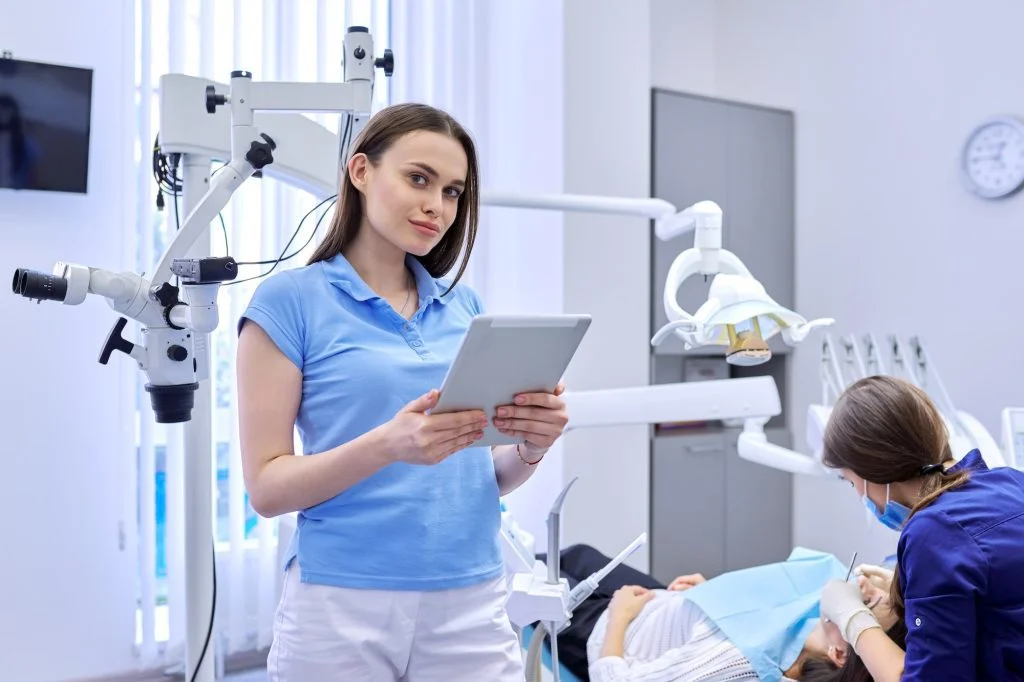
19 Natural Antibiotics to Ward Off Any Dental Infection
Sign up to receive daily email dentist tips and challenges, as well as our comprehensive Better smile Guidebook.
Our Doctor
Meet Doctor

19 Natural Antibiotics to Ward Off Any Dental Infection
Sign up to receive daily email dentist tips and challenges, as well as our comprehensive Better smile Guidebook.

